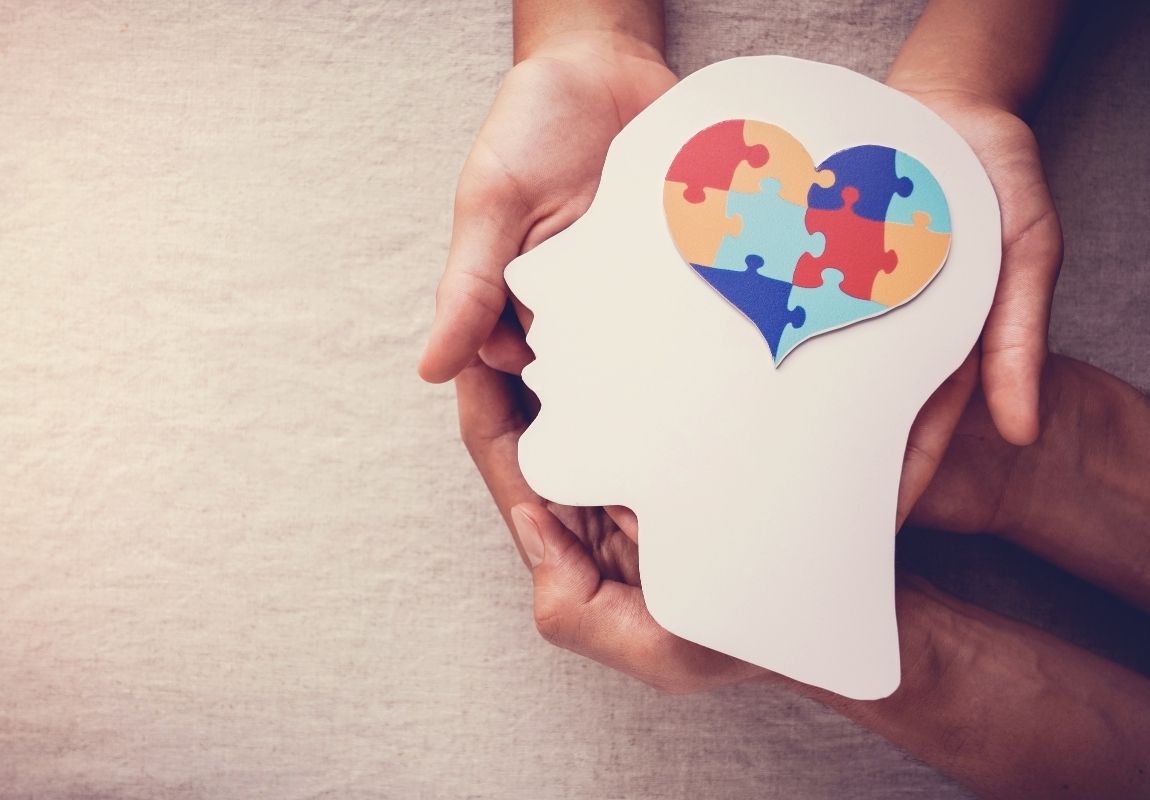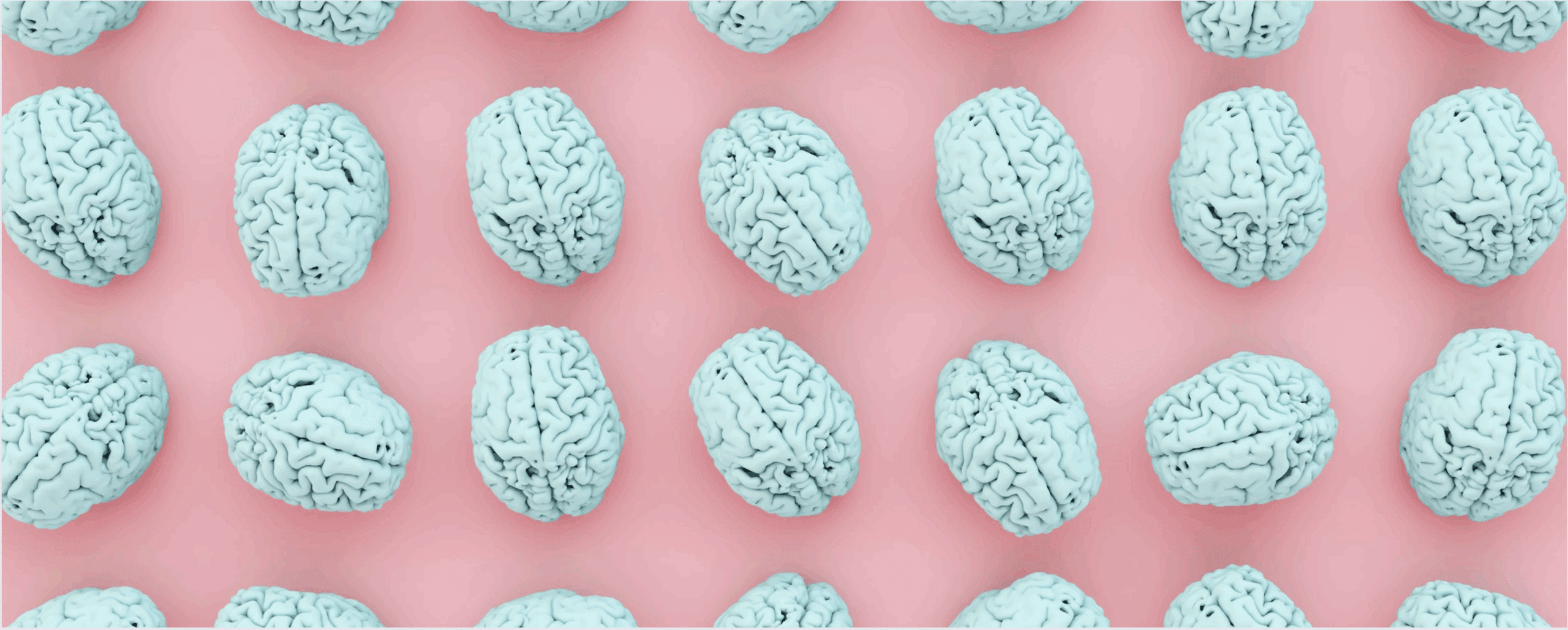Mental health is an important part of overall well-being, yet it’s often misunderstood and stigmatized. When a loved one faces mental health challenges, it can be tough to know how to support them effectively. Sometimes, our actions, though well-meaning, might unintentionally contribute to their struggles. That means enabling a loved one’s mental illness is indeed possible.
Here, we explore the concepts of enabling and empowering mental illness and discuss strategies to help our loved ones navigate their mental health.
How Common Are Mental Health Disorders?
Mental health disorders include a wide range of conditions, each with its own unique symptoms and challenges. These disorders can significantly impact an individual’s ability to function in daily life and their overall quality of life.
Today, mental health disorders are widespread, affecting millions of individuals worldwide. Statistics and mental health data reveal that approximately one in five adults in the United States experiences a mental illness each year.
Among the most common mental health disorders are:
- Depression: persistent feelings of sadness, hopelessness, and disinterest in activities once enjoyed. It can impair concentration, sleep patterns, and overall functioning, leading to difficulties in daily life.
- Anxiety disorders: including generalized anxiety disorder (GAD), social anxiety disorder, and panic disorder, involve excessive worry, fear, and apprehension. These conditions can cause significant distress and interfere with an individual’s ability to manage everyday tasks and social interactions.
- Bipolar disorder: involves extreme mood swings, ranging from periods of elevated mood (mania or hypomania) to episodes of depression. These mood fluctuations can disrupt individuals’ relationships, work performance, and overall stability.
- Schizophrenia: a severe mental illness characterized by distorted thinking, hallucinations, and delusions. It can make you feel like you’re losing your mind, affecting your perception of reality and making it difficult to function independently and maintain social connections.
- Post-traumatic stress disorder (PTSD): develops in response to a traumatic event, leading to symptoms such as intrusive memories, flashbacks, and emotional numbness. These symptoms can significantly impact individuals’ daily functioning and quality of life, affecting their ability to engage in activities and form meaningful relationships.
These major mental health disorders represent only a fraction of the diverse range of conditions individuals may experience. Each disorder presents its unique challenges and requires tailored interventions and support. Working with a mental health recovery center is often the best way to turn things around.
Enabling Mental Illness vs. Empowering
It’s important to understand the distinction between enabling and empowering individuals facing mental illness when attempting to provide support.
Enabling a mental illness involves doing things, on purpose or by accident, that make someone’s mental health problems even harder to deal with. It often comes from well-meaning intentions but can reinforce negative patterns or detract from the individual’s progress toward recovery. Examples of enabling mental illness include:
- Making excuses for a loved one’s absence from social gatherings due to anxiety, thereby reinforcing avoidance behaviors.
- Providing financial support without addressing underlying issues contributing to substance abuse.
- Avoid discussions about a loved one’s depression or anxiety to prevent discomfort. This neglects open communication and support.
Empowering someone with a mental illness involves giving them support and encouragement that helps them feel more independent, capable, and happy. It focuses on resilience, healthy coping mechanisms, and helping the person to take an active role in managing their mental health. Empowerment emphasizes:
- Balance of collaboration and independence
- Validation of the individual’s experiences
- Self-advocacy
- Creating an environment that encourages growth and positive change
Empowerment differs from enabling in that it focuses on long-term well-being and personal growth rather than short-term relief or avoidance of discomfort. While enabling may offer temporary relief of symptoms or stress, empowerment addresses the root causes of mental health struggles. It equips individuals with the tools and support needed to face challenges effectively.
Get confidential help from our addiction and mental health treatment facilities located across the United States. Call to join one of our quality programs today!
Speak With Our Admissions TeamHow to Help a Loved One with a Mental Health Disorder
Supporting a loved one who is struggling with a mental health disorder can be challenging. Here are several ways to offer meaningful assistance and support:
- Educate Yourself
Take the time to educate yourself about your loved one’s specific mental health disorder. Google positive facts about mental health. Learn about symptoms, triggers, and available treatment options. Understanding their condition can help you provide informed support and empathize with their experiences.
- Encourage Professional Treatment
Most of us don’t know how to fix mental illness. That’s why one of the most important ways to help a loved one with a mental health disorder is to encourage them to seek professional treatment. This may involve connecting them with a therapist, counselor, psychiatrist, or other mental health professionals. Be supportive and understanding throughout the process, as seeking treatment can be scary for many individuals.
- Be a Supportive Listener
Create a safe and non-judgmental space for your loved one to express their thoughts and feelings. Practice active listening by paying attention to what they are saying without interrupting or offering unsolicited advice. Show support for their emotions and experiences, and let them know that you are there to help them unconditionally.
- Offer Practical Support
Assist your loved one with practical tasks that may feel overwhelming for them. This could include helping with household chores, running errands, or providing transportation to appointments. By lightening their load, you can alleviate stress and show your support in tangible ways.
- Encourage Self-Care
Encourage your loved one to prioritize self-care activities that improve mental and emotional well-being. This could include regular exercise, practicing mindfulness or relaxation techniques, maintaining a balanced diet, and getting enough sleep. Offer to participate in self-care activities together or provide gentle reminders to prioritize self-care when needed.
- Respect Their Boundaries
Respect your loved one’s boundaries and avoid pressuring them to share more than they are comfortable with. Let them know that you are there to support them whenever they are ready to talk, but also give them space when needed. Avoid pushing them to open up or discuss their mental health issues in public settings without their consent.
- Be Patient and Understanding
Recovery from a mental health disorder is often a journey with ups and downs. Be patient and understanding, and avoid placing unrealistic expectations on your loved one. Celebrate their progress, no matter how small, and offer reassurance and encouragement during difficult times. Let them know that you are there for them every step of the way.
Looking for quality treatment for substance abuse and mental health that’s also affordable? Aliya Health Group's treatment facilities accept most major insurance providers. Get a free insurance benefits check now!
Check Your CoverageMental Health Disorder Treatment at Aliya
At Aliya Health Group, our approach to mental health treatment places compassion and dignity at the forefront so you can heal safely and comfortably. Our goal is to work with you to develop a mental health treatment plan tailored to your specific situation. We use evidence-based psychotherapies and holistic practices in our healing approach.
Our outpatient psychiatric care services are designed to offer you the necessary support to understand and overcome a mental health disorder. The outpatient treatment format allows you to maintain your daily routine and responsibilities. Our recovery approach incorporates medications and other pharmacological treatments for a well-rounded treatment plan. This ensures you receive comprehensive and effective mental health therapy throughout your time in treatment.
Our inpatient mental health treatment involves staying at a facility 24/7 while participating in intensive programming. This level of care provides round-the-clock monitoring, support, and a structured environment to address mental health concerns effectively. The benefits of inpatient mental health treatment include:
- Medication management and medical monitoring
- Dual diagnosis treatment
- Individual and group counseling sessions
- Workshops and wellness skill-building
- Structured daily routine and healthy environment
With a comprehensive mental health evaluation, we can help you start your journey to living a happier, healthier life. If you or a loved one are currently struggling with a mental health disorder, contact us today.

















